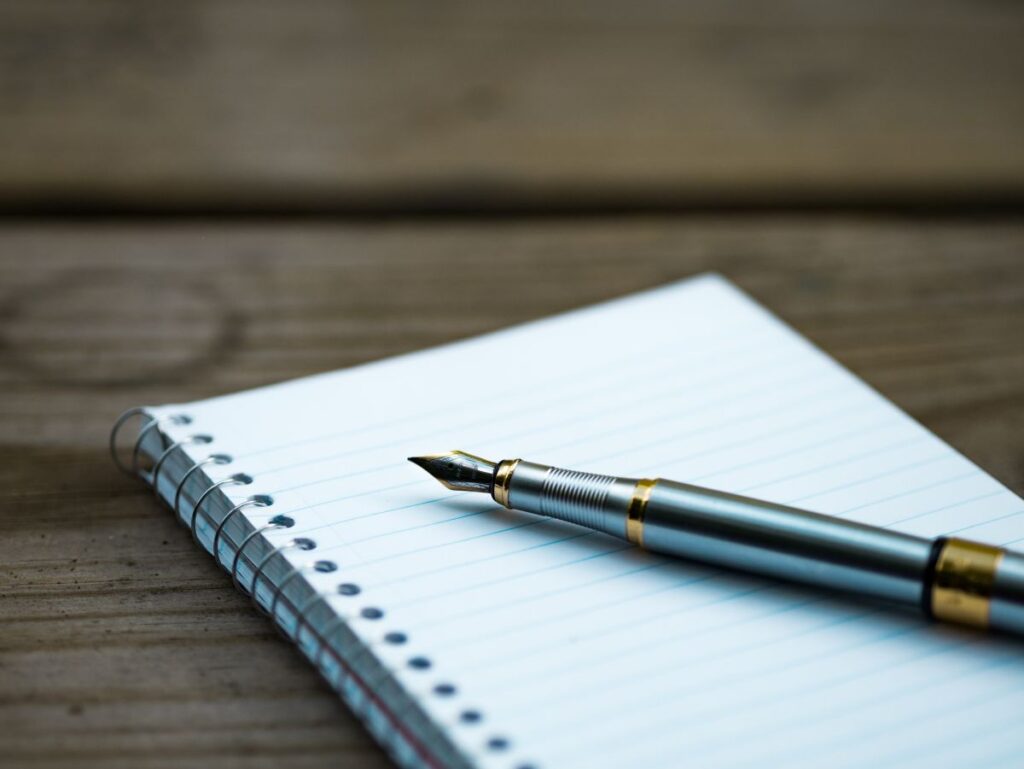Writing essays is always a difficult task. Especially when said essays drop into a more busy part of our schedule. No matter the subject, the time it takes to write them will often feel overlong and stressful. To make your essay writing easier and less anxiety-inducing, we’ve compiled the following guidelines.
Start by understanding the subject

A pitfall a lot of students writing essays fall into is not understanding or following the subject. The subject and the associated guidelines are key to keeping your essay writing short. Understanding a subject means you have a very firm focus on what you are writing.
Revise the subject itself. It will give immediate keywords to focus on. Usually, the question itself will contain a few important details to check up on online. It will also hold a few main objects to cover. Making sure core principles of the subject along with deeper analysis are covered under the essay is key to both good and fast essays.
Any additional details, such as marking guidelines, allowed sources, or limits, should be kept on the side. Being able to quickly refer to them as required is perfect for speeding up the writing process.
Compile your sources together and snap quick info from them
Looking for sources or shoveling through provided sources can oftentimes be the most difficult part of essay writing. This is difficult to keep short for some subjects, seeing how wide and detailed they can be. However, more often than not, it’s possible to snap enough information swiftly.
Knowing the key objects of your essay will help you pinpoint the necessary information. Even with no provided choices, a few online searches will yield enough details to thoroughly discuss a subject.
The information can be swiftly skimmed through to get some vague outline of the essay. A few subtitles and important details to discuss are a quick way to secure quick writing once we start going deep on the information.
Always prioritize the information and sources provided by teachers. These may not be the most detailed or direct sources, but they will contain what the teacher requires from you. Sometimes, the information in these may suffice for the entire essay. These suggested sources and presentations that refer to the subject are optimal for essay outline as well if you feel the information present isn’t enough for a full essay.
At the end of this step, you should have a firm understanding of what to write, the additional topics to elaborate on, and surface-level details to effectively create a skeleton of the essay.
Split up key ideas based on essay size

The key ideas are what you’ll be orienting the entire essay around. Sometimes, these ideas will be broader, while other times, they’ll be straightforward terms. Regardless of their size, key ideas will become more numerous the bigger your essay is.
When picking key ideas, make sure they are the most important terms in the essay. Usually, these ideas can be found as titles of chapters in the sources we have. Providing ample and effective initial guidelines for us to grasp.
When your essay is 1000 words or less, you’ll be fine with 3 to 4 key ideas. However, for each 500 words, more this number increases by one or two, depending on the brevity of the ideas. This scaling assumes each idea will have between 300 and 400 words worth of writing, which is why you should select ideas that allow for more in-depth writing. If the essay is too big to handle in the remaining time and you still want to get it done, consider essaystank.com as a way of getting it handed in on time.
Of course, each key idea has to contain certain elements to truly bring over the information adequately. Make sure to use two sources for each key idea, at the very least. Provide examples or statistics to illustrate the idea better, reaffirming the presented details with more direct information. Sprinkle in additional interesting or tangentially related facts to make it more engaging to read.
Create draft
The draft is the first shot at an essay you’ll make. The information and details above are used here to provide an outline that you’ll follow. Details and information gathered thus far will be injected into that outline and form an actual essay. Keep in mind that the draft is not meant to be perfect nor even complete. A draft should contain enough base information and the standard organization of an essay.
A draft will often be created without some prerequisites being fulfilled. This is fine, its purpose is to represent the collection of details and guidelines we have rather than being a done deal.
When writing a draft, add each topic one after another in the draft, filling out the key idea with the details you’ve gotten from sources. Information you’ve written down on the side will be key to filling out the first draft.
Don’t worry about using inadequate language or grammar right now. Write the draft in a few hours. Take it easy, and don’t stress about what you’ve already written. Once it’s all done, you’ll have your essay’s first iteration ready.
Slowly edit the draft daily until the deadline

Now that the first draft is finished, small edits will be the way to perfection. Of course, the draft itself will most likely need a lot of work before it’s turned into a proper essay. However, that will be achieved through small and frequent edits rather than a few big ones.
Check how much time you have until the deadline and space the edits properly. The edits don’t have to be anything major and can start off slow. For example, one day could be proofreading, another rewriting sentence to be more professional, third could be simple formatting edits. Pouring additional info into the mix as you read through sources some more is another way to enhance essays. Covering a few key ideas a day can usually be easy yet fruitful for reinforcing the quality of your essay.
Never burden yourself with too many of these fixes at once. Spending a bit of time each day is more efficient than trying to get it all done in a single swoop. There will be fewer mistakes that way, as well as less stress.
After a while, the imperfect draft will become your final essay paper. Now you can hand it in for proper grading and if you followed all the steps, a good one at that.



